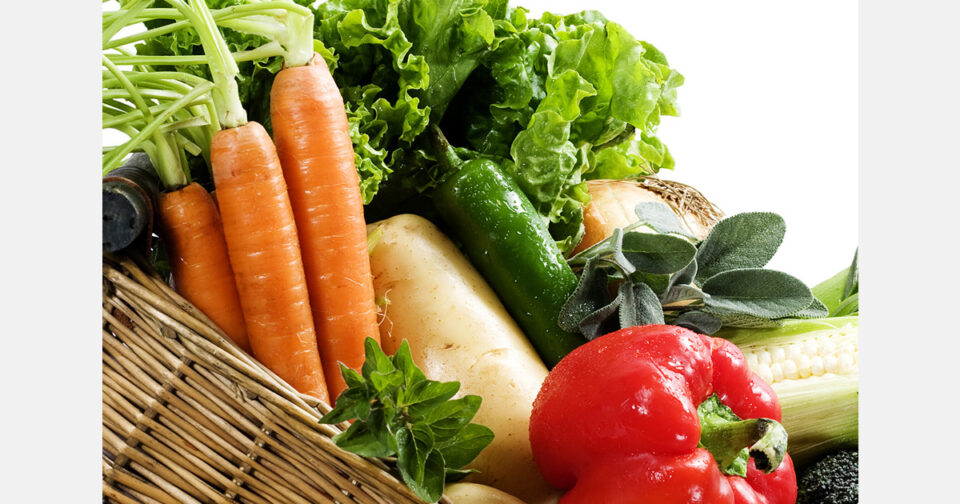Namibia’s longstanding ban on vegetable imports from South Africa continues to disrupt regional trade and frustrate producers, despite growing calls for a policy revision. While Botswana recently lifted its own import restrictions on South African vegetables, Namibia has opted to maintain its stance — at least for now.
Implemented in 2021, the Namibian vegetable import ban was part of the government’s effort to stimulate local horticultural production and reduce dependence on imported fresh produce. While it achieved some gains in domestic output, critics argue that the policy has come at a cost: market instability, increased consumer prices, and fractured trade relationships within the Southern African Customs Union (SACU).
Mounting Economic Pressures on Farmers and Traders
South African farmers, in particular, have borne the brunt of the restrictions. The ban has created unpredictable trading conditions that make it difficult to plan and profit, according to agricultural leaders.
Bennie van Zyl, general manager of TLU SA, said the constant back-and-forth is unsustainable.
“Farmers need certainty. One month you’re allowed to export, the next month you’re not. That level of unpredictability undermines business relationships, disrupts logistics, and reduces farmers’ willingness to invest,” Van Zyl told Farmer’s Weekly.
“While we understand Namibia’s aim of protecting its own producers, we urge them to reconsider how this is implemented.”
Namibia currently reviews its import restrictions on a monthly basis, determining which vegetables are allowed into the country based on the Market Share Promotion (MSP) system. This system requires that a minimum share of local produce be bought before any imports are permitted. While intended to prioritize Namibian farmers, the policy is widely seen as a barrier to regional free trade.
Botswana Lifts Its Ban — Spotlight on Namibia
The pressure on Namibia intensified in December 2024, when Botswana reversed its own ban on South African vegetable imports following the election of President Duma Boko. The move was widely welcomed by regional exporters and hailed as a step toward greater trade integration.
“The situation with Namibia is increasingly out of sync with the direction the rest of the region is moving,” said Wandile Sihlobo, Chief Economist at Agbiz.
“We’ve seen positive momentum in Botswana. Meanwhile, Namibia continues to send mixed signals, which undermines confidence and limits growth in cross-border agricultural trade.”
Sihlobo also emphasized SACU’s importance to South Africa’s agricultural economy. According to Agbiz data, the SACU region accounted for roughly 20% of South Africa’s total agricultural exports in 2023, worth an estimated US$13.2 billion (around R248 billion). While the EU focuses more on fruits and wines, SACU’s trade basket leans heavily on vegetables, grains, and beverages — making the ban even more disruptive.
Policy Goals vs. Regional Trade Obligations
Namibia’s government has consistently defended its decision, framing the ban as a necessary measure to safeguard local food security and support domestic producers. The Namibian Agronomic Board (NAB) has cited increases in local production and reduced horticultural import volumes — down to US$20.4 million in 2024 — as evidence that the MSP system is working.
However, critics argue that while the policy may benefit a small number of local producers, it undermines broader trade cooperation and exposes consumers to higher prices and supply shortages. The Namibian Competition Commission and several retail groups have reportedly expressed concern about reduced access to affordable, high-quality produce.
There is also growing concern that Namibia’s continued restrictions may conflict with SACU’s free-trade principles, and that the longer the policy stays in place, the more pressure may mount from trade bodies and neighboring governments to revise it.
Looking Ahead: Will Namibia Lift the Ban?
In early May 2025, Namibian officials indicated that a review of the MSP system is underway, and there are signs that the government may consider loosening restrictions on certain fruit and vegetable imports as part of its 2025–2030 crop value chain development strategy.
“We are evaluating the effectiveness of our current policies and looking at how to balance local development with regional cooperation,” a source close to the Ministry of Agriculture said. “There is recognition that some flexibility may be needed.”
Still, no official timeline has been provided for when or if the vegetable import ban will be lifted.
For now, farmers, exporters, and market agents are left in limbo — hopeful for change, but cautious in their expectations.
“The SACU region is one of the most important trading partners for our agricultural sector,” said Sihlobo. “We need consistent, rules-based trade across borders. Protectionism might offer short-term gains, but over time, it limits opportunity, reduces investment, and increases the risk of retaliation.”
Conclusion
As Namibia balances domestic development with regional trade responsibilities, the future of its vegetable import ban remains uncertain. What is clear, however, is that a growing number of voices — from both sides of the border — are calling for a more consistent and cooperative approach.
The longer the ban remains, the more it threatens to erode trust and stability in a trade bloc that was designed to promote exactly the opposite.


